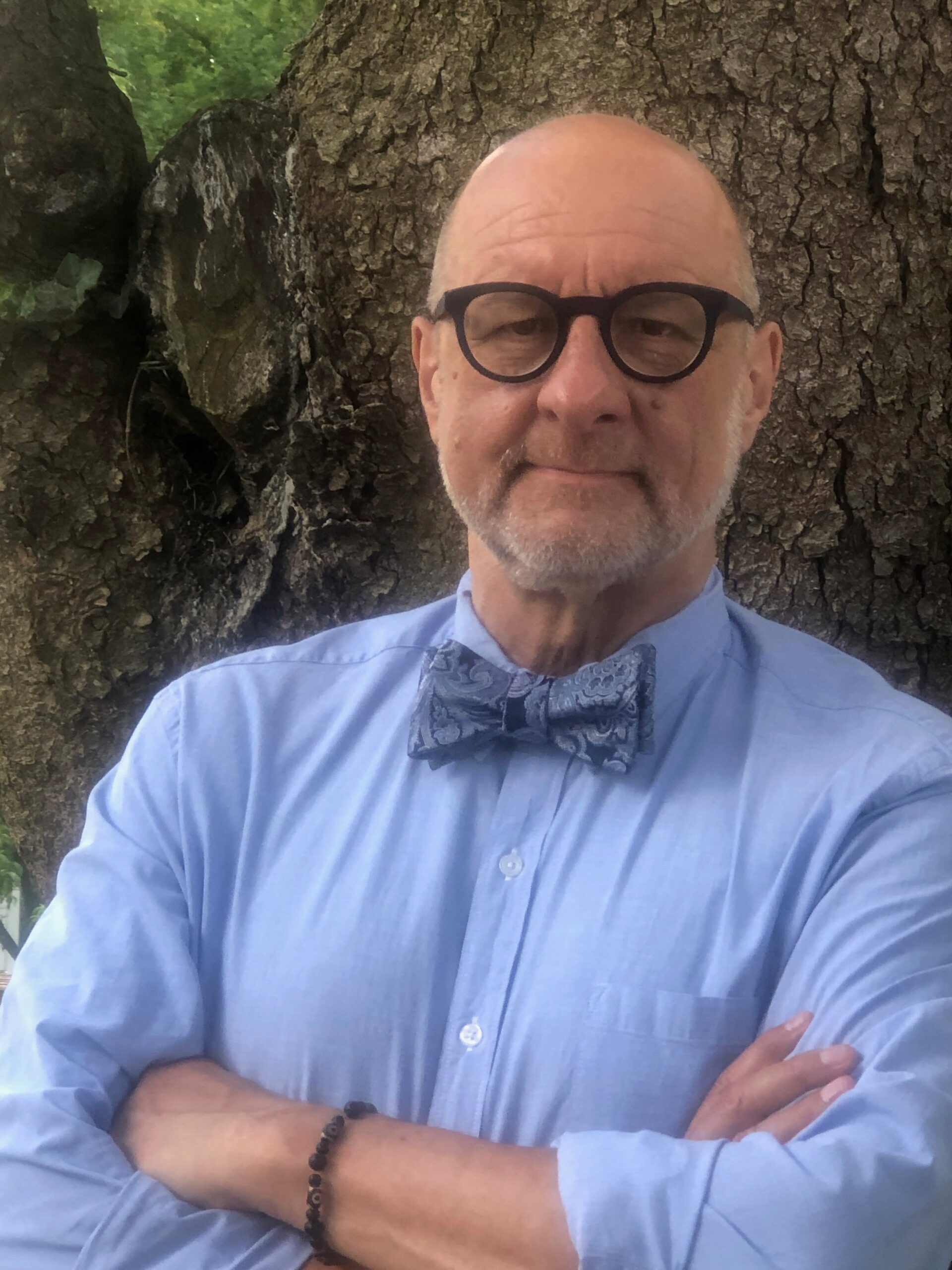Jan Kubik is Professor in the Department of Political Science at Rutgers University and Professor of Slavonic and East European Studies at University College London (UCL). The 2020 President of Association for East European and Eurasian Studies (ASEEES) and the recipient of the 2018 Distinguished Achievement Award from the Polish Institute of Arts and Sciences in America (PIASA). Co-director (with Richard Mole) of two international projects, Delayed Transformational Fatigue in Central and Eastern Europe and Populist Rebellion Against Modernity in 21st-century Eastern Europe (https://populism-europe.com/poprebel/). His work deals with the rise of right-wing populism, culture and politics; memory politics, civil society, protest politics and social movements; communist and post-communist politics; and interpretive/ethnographic methods in political science. Among his publications are: The Power of Symbols against the Symbols of Power; Rebellious Civil Society: Popular Protest and Democratic Consolidation in Poland, 1989–1993 (with Grzegorz Ekiert); Anthropology and Political Science (with Myron Aronoff); Postcommunism from Within. Social Justice, Mobilization, and Hegemony (edited with Amy Linch); and Twenty Years After Communism: The Politics of Memory and Commemoration, with Michael Bernhard). He received M.A. (sociology and philosophy) from the Jagiellonian University in Krakow, Poland and Ph.D. (anthropology, with distinction) from Columbia University in NYC.
How to explain the rise of right-wing populism? Culture, economy, something else?
Based on the results of the POPREBEL project I will argue that the most complete explanations of the rise of right-wing populism need to look for explanatory factors in economy, culture, politics, and social conditions, theorize the complex interactions of supply and demand, and reconstruct the iterative logic of their mutual influence. The most promising theoretical frame seems to be offered by a mix of the approach I once called contextual holism, historical institutionalism, and a supply-demand theory of cultural causation.

